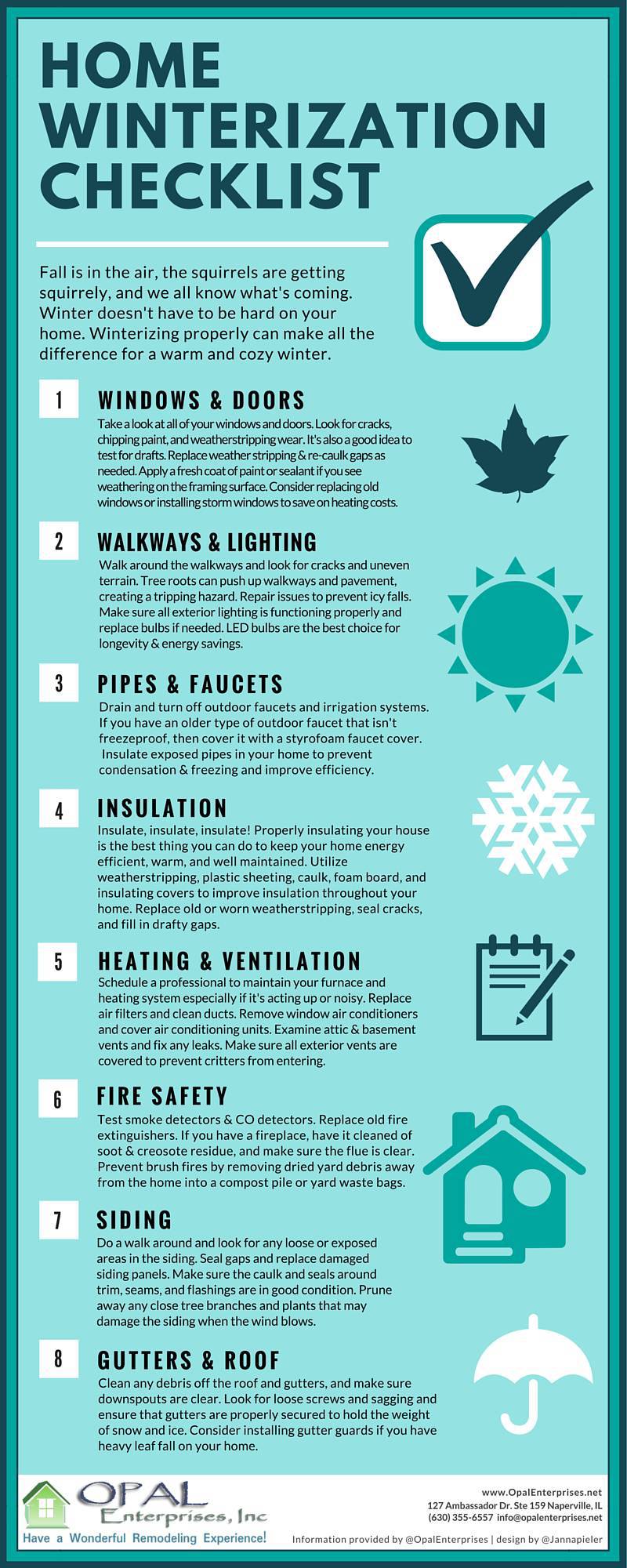Energy-Efficient Windows: Are They An Audio Investment?
Energy-Efficient Windows: Are They An Audio Investment?
Blog Article
Web Content By-Hu Rossen
When thinking about home renovations, you could question if energy-efficient home windows deserve the financial investment. Certain, they come with a greater ahead of time cost, however the potential long-lasting advantages might outweigh that initial cost. From lower power expenses to enhanced convenience, these windows provide a number of advantages. However are they actually the wise choice for your home? Let's explore what you need to know prior to choosing.
Advantages of Energy-Efficient Windows
When you purchase energy-efficient windows, you're not just enhancing your home's appearance; you're additionally gaining substantial benefits.
These home windows can significantly decrease your power bills by lessening warmth loss in winter season and maintaining your home cool during summer. You'll discover a more consistent interior temperature, making your living space a lot more comfortable year-round.
Additionally, energy-efficient home windows frequently feature UV protection, protecting your furniture and flooring from fading. They additionally improve your home's worth, making it more appealing to potential customers.
Plus, several energy-efficient home windows get tax credit scores or rebates, providing you with extra savings.
Basically, this financial investment pays off comfortably, cost savings, and boosted building value.
Prospective Disadvantages and Considerations
While energy-efficient windows provide various benefits, there are potential disadvantages and considerations you need to keep in mind.
First, the preliminary cost can be considerably more than typical home windows, affecting your spending plan. Setup can also be much more complicated, calling for experienced professionals, which may bring about additional costs.
Moreover, you could deal with restricted layout options or shade choices compared to typical home windows. It's important to guarantee your home's structure is compatible with energy-efficient models, as retrofitting can be expensive and lengthy.
Lastly, be Best Replacement Windows that while they reduce energy usage, they may not eliminate drafts or condensation entirely.
Consider these variables meticulously to figure out if the investment straightens with your specific needs and conditions.
Calculating Long-Term Savings
To optimize your financial investment in energy-efficient windows, it's critical to calculate the long-term cost savings they can offer. Beginning by evaluating your present energy costs and approximating just how much you can save money on heating and cooling prices.
Energy-efficient windows lower power loss, which indicates lower month-to-month costs. You can make use of the Energy Star financial savings calculator to determine possible savings based on your location and home window specifications.
Additionally, consider read on of offered tax obligation credit scores or refunds that can counter the first expenses. By factoring in these savings with time, you'll see that the investment not just spends for itself but likewise adds to your home's lasting worth.
Eventually, recognizing https://squareblogs.net/numbers484cassidy/find-out-key-inquiries-to-posture-before-selecting-a-window-installer-that make a notified decision.
Final thought
Finally, buying energy-efficient home windows is a wise move for your home. While the ahead of time expense may seem high, the lasting savings on energy bills, enhanced convenience, and defense for your furnishings make it beneficial. Plus, you might also get tax credit scores and increase your building value. By choosing these home windows, you're not only enhancing your space but likewise adding to an extra lasting future. It's a win-win for both you and the planet!
